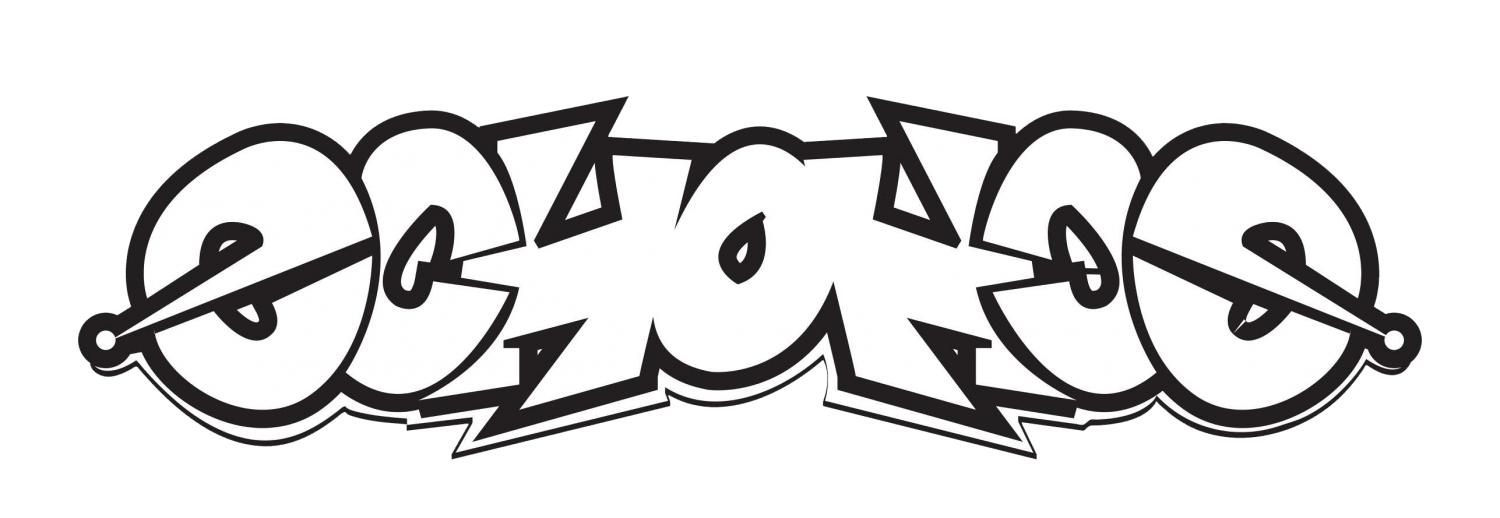Here are lists of supplies to have at home, in the car and at work:
At home
Nonperishable packaged or canned food
A gallon of water per person per day (Replace every six months and count pets as family members)
Manual can opener
First aid kit and handbook
Clothing, rain gear and sturdy shoes
Blankets or sleeping bags
Portable radio and flashlight, with spare batteries
Essential medications
List of family physicians and the style and serial number of medical devices, such as pacemakers
Extra pair of eyeglasses
Extra set of house and car keys
Toilet paper, toiletries and feminine hygiene items
Fire extinguisher
Pet food, water and leash or carrier
Cash and small change
Water purification kit or unscented liquid bleach (eight drops per gallon when water is first stored)
Any special foods and supplies for babies, the disabled or the elderly
Plastic eating utensils, paper cups and plates
Heavy-duty aluminum foil
Paper towels
Knife or razor blades
Candles and light sticks
Matches in waterproof container
Work gloves and broom
Hammer and nails
Coils of rope and wire
Ax, crowbar and shovel
Small tool kit
Cheesecloth (to strain water)
Large and small plastic bags
Two tarps, 8 feet by 10 feet
Local street map and compass
Paper, pens and stamps
Entertainment pack of family photos, notebooks, reading material and games
In the car
Nylon tote or day pack
Bottled water
Nonperishable food
Manual can opener
Transistor radio, flashlight and extra batteries
First aid kit
Gloves
Blanket or sleeping bags
Sealable plastic bags
Moist towelettes
Small tool kit
Matches and lighter
Walking shoes and extra socks
Change of clothes
Cash (small bills and coins)
Local street map and compass
At work
Dry food, such as candy bars, dried fruit, jerky and crackers
Water or orange juice
Tennis shoes or walking shoes
First aid kit
Flashlight and portable radio with extra batteries
Matches
Small and large plastic bags
Toiletries
Entertainment pack of family photos, notebooks, reading material and games
